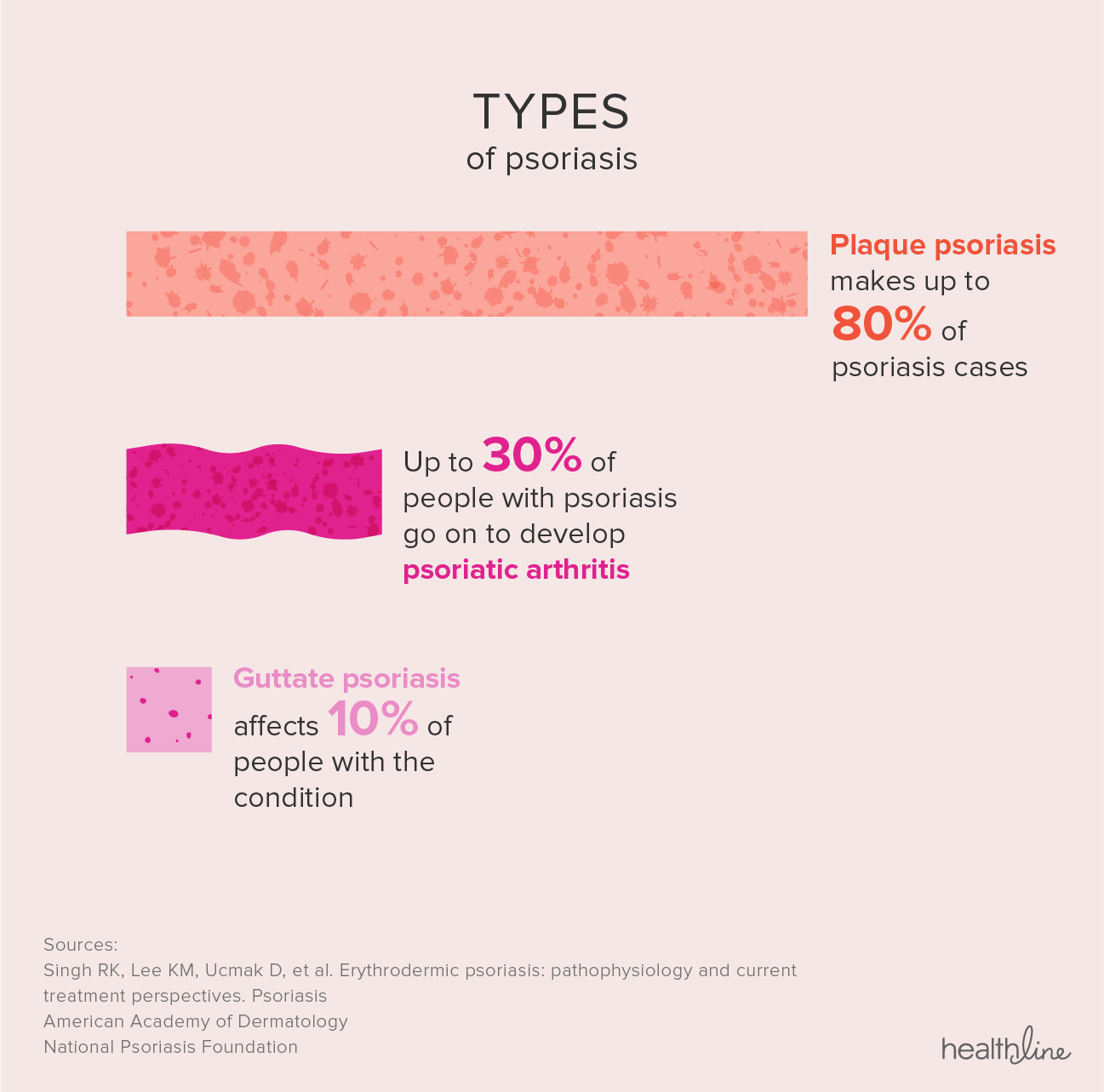Misconceptions And Facts Concerning Acne: Debunking Common Misconceptions
Misconceptions And Facts Concerning Acne: Debunking Common Misconceptions
Blog Article
Writer-Haney Trolle
You could assume that enjoying chocolate or greasy foods is the root cause of your acne, yet that's just one of lots of myths swirling around this common skin problem. In fact, acne primarily stems from stopped up hair follicles, not your last treat. Misconceptions like these can lead you to adopt inadequate skin care methods that may even intensify your situation. As you navigate the truths behind acne, you'll find understandings that might transform your method to skin care and aid you accomplish more clear skin. So, what actually lies beneath the surface area?
Common Myths About Acne
When it comes to acne, many people rely on typical misconceptions that can cause complication and frustration. One common myth is that eating chocolate or greasy foods causes acne. While https://lowlevellasertherapy75319.bloggerchest.com/32123635/the-scientific-research-behind-acne-treatment-just-how-components-work-to-clear-skin can influence skin wellness, the direct web link in between particular foods and acne isn't as precise as several think.
An additional common mistaken belief is that you should scrub your face vigorously to clear outbreaks. Actually, hostile rubbing can aggravate your skin and intensify acne.
You could likewise think that acne only affects teens, but grownups can experience it also, commonly as a result of hormone changes or stress. Some individuals think that tanning can clean up acne, but sun exposure can actually bring about skin damage and intensify breakouts in the future.
Last but not least, numerous think that making use of extreme items will get rid of acne quickly. Nonetheless, these products can strip your skin of its all-natural oils, resulting in enhanced inflammation and more breakouts.
Scientific Details Behind Acne
Comprehending the clinical facts behind acne can equip you to tackle this usual skin disease better.
Acne takes place when hair follicles become blocked with oil, dead skin cells, and bacteria. This process often starts with an overflow of sebum, the oil your skin naturally generates. Hormonal changes, particularly during adolescence or menstrual cycle, can trigger this excess oil.
Bacteria known as Propionibacterium acnes flourish in these clogged pores, causing inflammation. When your body immune system responds, it can trigger soreness and swelling, causing those pesky pimples or cysts.
Genes additionally contribute; if your moms and dads had acne, you might be more susceptible to it.
Diet plan and tension degrees can affect acne also, however research study is still advancing in these locations. While indulging in greasy foods will not straight create breakouts, a balanced diet regimen can sustain your skin health.
Likewise, taking care of stress and anxiety can reduce hormone changes that might intensify acne.
Tips for Taking Care Of Acne
Taking care of acne successfully requires a combination of daily skincare routines and lifestyle adjustments. Start by developing a constant skincare regimen. Cleanse your face two times a day with a mild, non-comedogenic cleanser to remove dirt and excess oil. Stay clear of rubbing as well hard, as this can irritate your skin and get worse acne.
Next off, include https://www.scmp.com/lifestyle/health-wellness/article/3151333/how-supermodel-linda-evangelistas-fat-freezing-cosmetic having salicylic acid or benzoyl peroxide to help avoid breakouts. Constantly follow up with a lightweight, oil-free moisturizer to maintain your skin hydrated. Don't fail to remember sun block; go with non-comedogenic options to safeguard your skin from UV damages without blocking pores.
Past skincare, take note of your diet regimen. Limit sweet and oily foods, and focus on fruits, vegetables, and entire grains. Staying hydrated is essential, so drink a lot of water throughout the day.
Furthermore, handle anxiety via activities like yoga exercise, meditation, or exercise, as tension can activate outbreaks.
Finally, avoid choosing or popping acnes. This can lead to scarring and additional swelling. If your acne persists, get in touch with a skin specialist for individualized therapy choices.
Conclusion
To conclude, it's important to different fact from fiction when it involves acne. By unmasking typical misconceptions, you can much better comprehend your skin and make notified options for your skincare regimen. So, why continue to count on out-of-date ideas when the fact can encourage you? Welcome healthier routines, focus on gentle cleansing, and remember that taking care of acne is a trip. With the right knowledge, you're one step better to more clear, much healthier skin.
